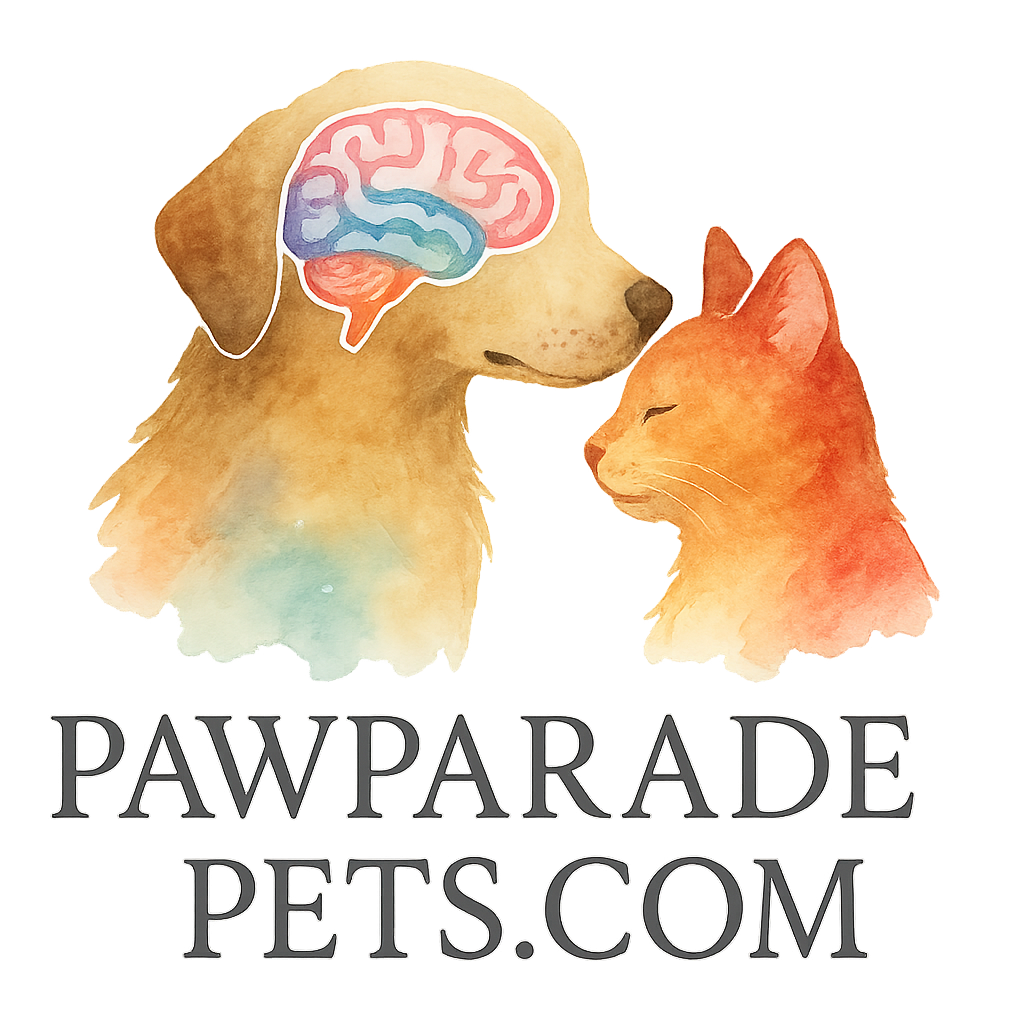Introduction
If you’ve ever noticed your dog chewing shoes out of boredom or your cat pawing relentlessly at furniture, chances are they’re craving more mental stimulation. Brain training for pets isn’t just about teaching fancy tricks—it’s about keeping their minds sharp, improving behavior, and strengthening your bond. The good news? You don’t have to break the bank to challenge your furry friend’s brain. Today, we’ll explore 10 cost-saving products for brain training for pets that deliver big results without a hefty price tag.
Why Brain Training for Pets Matters
The Importance of Mental Stimulation
Just like humans, pets need regular brain workouts. Mental exercises keep boredom at bay, reduce destructive behavior, and boost happiness. Think of it like taking your pet to the gym—but for their brain.
Benefits Beyond Entertainment
Brain training can help with obedience, problem-solving, and even health. According to experts, mental enrichment leads to calmer, smarter, and more adaptable pets. Want to explore more? Check out these guides on behavior & obedience and brain training basics.
What Makes Brain Training Products Cost-Saving?
Durability and Longevity
A cheap toy that breaks after one use isn’t saving you money. Durable products that withstand chewing and pawing are true cost-savers.
Multipurpose Features
A treat dispenser that doubles as a fetch toy? That’s two benefits in one. Multipurpose products save both space and money.
DIY-Friendly Options
Sometimes, the most effective tools are those you can make at home with minimal effort—like turning an old cardboard box into a puzzle.
10 Cost-Saving Products for Brain Training for Pets
1. Puzzle Feeders for Mealtime Stimulation
Puzzle feeders slow down fast eaters while engaging their problem-solving skills.
Why Puzzle Feeders Are Worth It
They encourage natural foraging behaviors, help digestion, and reduce boredom. Explore more games & activities to pair with feeders.
2. Interactive Treat-Dispensing Balls
Rolling treat balls make pets work for their rewards, turning snack time into brain time.
Best Ways to Use Them
Use kibble instead of high-calorie treats to make them budget-friendly and healthier.
3. Snuffle Mats for Natural Foraging
Snuffle mats mimic grass and let pets sniff out treats hidden within the fabric.
Affordable DIY Alternatives
You can create one using old rags or fleece strips—talk about cost-effective fun!
4. Tug and Rope Toys with a Twist
Classic rope toys aren’t just for tug-of-war—they can also teach patience and commands.
Engaging the Mind During Play
Incorporate commands like “wait” or “drop it” to turn tug sessions into obedience lessons.
5. DIY Cardboard Box Games
Got a spare box? Cut holes, hide treats inside, and let your pet figure it out.
Simple But Effective Mental Exercise
This is enrichment on a budget—zero-cost, high-engagement play.

6. Basic Training Clickers
Clickers are small, inexpensive tools that make training more precise and effective.
Reinforcing Commands with Precision
Use clickers alongside rewards to teach new tricks or reinforce obedience skills.
7. Interactive Plush Toys
Some plush toys squeak, crinkle, or hide mini toys inside, making them more than just cuddle buddies.
Engaging Curiosity and Instinct
Perfect for pets who love problem-solving but also want comfort.
8. Frozen Treat Molds
Silicone molds let you create frozen snacks that keep pets busy and cool.
Brain Work + Cooling Relief
Pets work on licking and nibbling, which soothes anxiety and stimulates the brain.
9. Affordable Brain Training Apps & Digital Tools
Yes, there are apps designed to improve pet engagement and track progress.
Tech That Doesn’t Break the Bank
Many apps are free or low-cost, making them great budget-friendly training aids. Explore more tech & devices.
10. Homemade Obstacle Courses
Use chairs, pillows, and broomsticks to create indoor or backyard agility courses.
Cost-Saving Indoor and Outdoor Setups
Obstacle courses keep pets physically and mentally sharp without costly equipment.
How to Choose the Right Product for Your Pet
Matching Personality and Play Style
High-energy dogs may love rope toys, while curious cats might prefer puzzle feeders.
Safety Considerations
Always check for small parts, durability, and non-toxic materials to keep playtime safe.
Combining Products for Maximum Results
Mix and match toys—like pairing a snuffle mat with a clicker session—to keep training diverse and exciting.
Common Mistakes to Avoid When Brain Training Pets
Overcomplicating Tasks Too Early
Start simple. Giving your pet overly complex tasks can frustrate them.
Ignoring Consistency
A few minutes daily beats one long session per week. Consistency creates results.
Additional Resources for Brain Training
If you want deeper dives into enrichment, visit:
- Advanced Cognitive Challenges
- Tools & Toys for Brain Training
- Explore categories like brain stimulation, fun, and training.
Conclusion
Brain training doesn’t have to drain your wallet. With these 10 cost-saving products for brain training for pets, you can keep your furry friend mentally sharp, entertained, and happy—all while saving money. Whether it’s a simple DIY box game or a durable puzzle feeder, investing in your pet’s brain health pays off in loyalty, behavior, and overall joy.
FAQs
- What’s the cheapest brain training product for pets?
DIY cardboard box games are essentially free yet highly effective. - How often should I use brain training products with my pet?
Aim for at least 10–15 minutes daily to keep their mind active. - Are brain training toys safe for all pets?
Yes, as long as you choose size-appropriate and non-toxic materials. - Do cats benefit from brain training products too?
Absolutely! Cats love puzzle feeders, snuffle mats, and interactive toys. - Can I train my older pet’s brain, or is it just for young pets?
Senior pets benefit greatly—it keeps them sharp and engaged. - How do I know if my pet enjoys brain training?
Look for wagging tails, purring, focus, and eagerness to play again. - Where can I find more brain training ideas?
Check out Paw Parade Pets for guides, tools, and inspiration.


